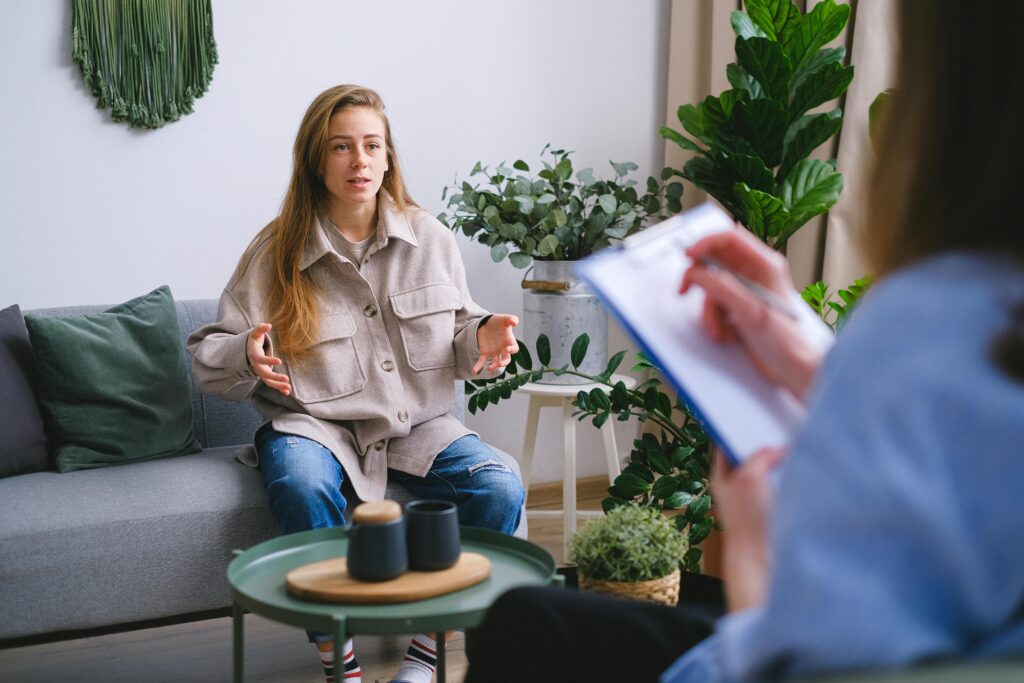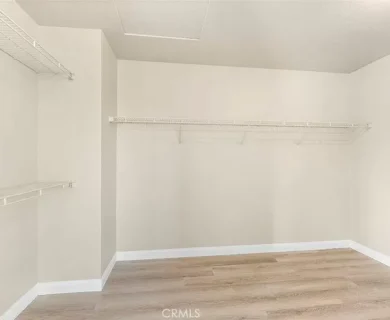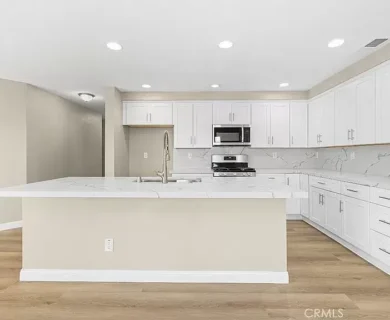
For most of us, sobriety is not something we’ve had experience with before. Culture doesn’t allow it. In fact, a large percentage of American teenagers start drinking and never stop. 5.6 million Americans aged 12-20 drink and they drink 3.2% of all alcohol consumed in the United States. From there, it never stops, and alcohol becomes a normal part of your social life, of unwinding, of having fun. When you go out at night, you go to a bar and that’s so normalized it’s hard to find alcohol-free evening activities. When you go on holiday, half of all holiday options are about getting together on a beach or a cruise boat and drinking.
It can be hard to imagine what your life looks like sober. That’s even more true if you’re one of the 28.9 million Americans who had an alcohol use disorder in 2023. With a substance use disorder, alcohol takes over every part of your life and chances are you spend most of your free time thinking about, acquiring, and drinking alcohol. What now? How do you live sober?
The good news is, it will get easier. The bad news is, you can expect your first year sober to have bumps, ups and downs, and for the going to be rough. Still, there’s a lot to look forward to!
Free Time
As you first move into recovery, you’re spending all of your time on treatment. If you go to rehab, chances are, you’ll spend 4-8 hours per day in therapy and sometimes additional hours in complementary classes like yoga or group sports. That’s great because chances are, you’ve let go of a lot of your hobbies and won’t know what to do with your free time.
As your need for therapy reduces, you can start doing less therapy and start doing more stuff that’s fun in your free time. Unfortunately, that can quickly result in boredom and uncertainty, because you might not be sure what you like or where to go or who to spend your time with.
Most people complain about boredom in early recovery. The good news is that you can change that. Studies show that people feel best about free time activities when they are regular, cumulative, and structured. That means going to classes, doing similar things regularly, and working to improve skills. For example, you take a dance or a yoga class and go twice a week, so you gradually get better and get to see yourself improve, you do puzzles for an hour a day to unwind, etc. Try different things but be consistent and try to progress in a skill before you give it up or not.
Emotional Ups and Downs

Substance use disorders mean that all of our emotions are centered around the substance and most of the highs/lows we feel can be about using, not using, or being unable to use. As you move further into recovery, your brain will start to recover. At 3 months sober, you’ve reached the first milestone and most of the physical cravings and daily need for alcohol will be gone. That will give you more room to experience emotions about other things. For most people, full brain recovery doesn’t happen until 12-24 months after quitting alcohol. Still, symptoms like emotional blunting and alcohol-related stress will gradually fade away leaving you more time to experience emotions about things like sunsets, homecooked food, getting hugs, and doing something nice for your loved one.
Emotions won’t be simple in your first year of recovery. Most of us experience a rollercoaster of ups and downs, celebration and elation at reaching goals and overcoming alcohol followed by immense downs and depressions (that are usually very temporary) because the brain isn’t properly regulating those emotions yet. Things will balance out. The important thing is to expect that you shouldn’t overtax energy, you should have coping mechanisms in place for when you feel bad, and you should learn healthy self-soothing techniques because you will need them.
Social Pressure and Isolation
What do you do when all of your friends drink? When your family drinks? Cutting alcohol out of your life can feel like cutting yourself off from a social life. That’s going to be hard, especially when you don’t yet know what you like to do without alcohol. Experimenting with social activities like just hanging out, playing games or board games, etc., can help you figure out what to do while hanging out with friends without alcohol. Just keep in mind, you don’t have to drink to do thinks like sit around and talk. You can do that at libraries, cafes, etc. And, you can get friends back into the habit of it by inviting them for breakfast where there isn’t any alcohol.
What if your friends don’t want to hang out without alcohol? Start going to sober parties and sober activities. Most locations have them and some even have sober bars, where you can socialize in an alcohol-free environment.
Still, the early pressure to keep up with therapy, exercise, build structure, and avoid alcohol can be dramatically isolating. That can be difficult to deal with. Try to talk to your friends and family about it and don’t let it get to you too much.
Rediscovering Life without Substances
The longer you’re sober, the more you’ll get to experience life without alcohol. That means getting to enjoy things just as they are, without needing a filter to relax or to destress or to loosen up. It means coming to terms with your emotions and learning to manage them. It means realizing that negative emotions can be good for you as well. It means experiencing life as it is, even when it’s not great. That can be a lot, but it will feel better and it will feel more rewarding when good things do happen.
Ongoing Treatment

It’s important to keep in mind that your first year of sobriety should include ongoing treatment. For most of us, that means seeing a therapist, going to a self-help group like SMART Recovery or AA, attending an outpatient treatment center, or even staying in a sober home. It’s important to realize that the first year by yourself is difficult and the more help and support you have, the more likely you are to make it through that year sober. Here, you’ll want to check with your insurance to see what they cover, check for options in your area, and then mix treatment and ongoing support as well as you can. Here, it’s also important to talk to your doctor and to get support from your rehab center with ongoing treatment, so you have the tools to get ongoing treatment as you move into your first year sober.
Most people drink. Choosing to cut alcohol out of your life changes your life even if you don’t have a problem with alcohol. If you’re recovering from a substance use disorder, that will be even more significant, as you also battle emotional ups and downs, physical recovery, and significant changes to your life. The important thing is to be consistent, look for healthy coping mechanisms, work on self-awareness, and invest in making your life better as you go. It will pay off.























